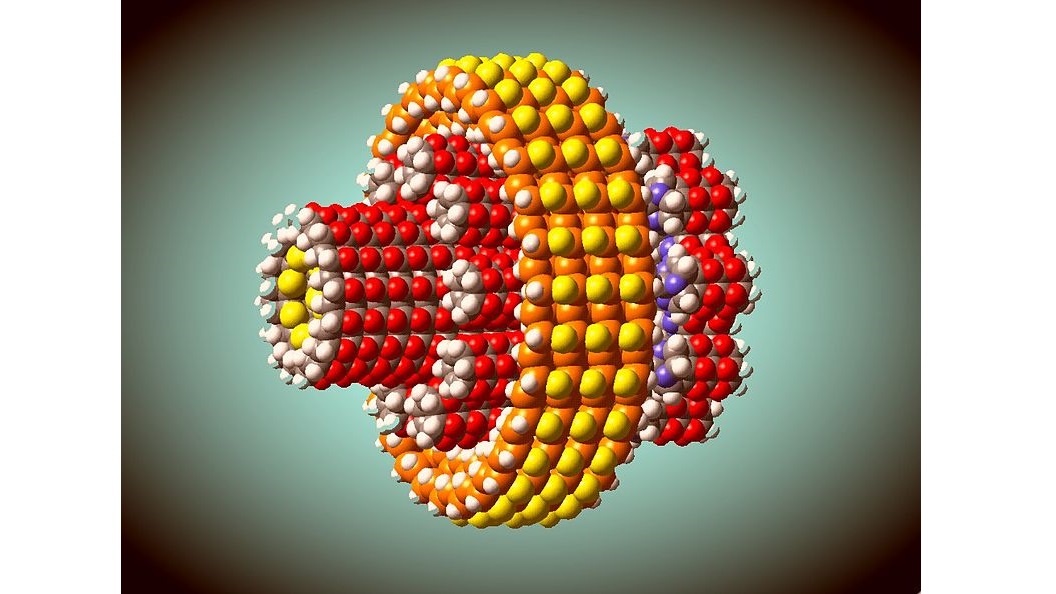Atomically precise manufacturing (APM) is the assembly of materials with atomic precision. APM does not currently exist, and may not be feasible, but if it is feasible, then the societal impacts could be dramatic. This paper assesses the net societal impacts of APM across the full range of important APM sectors: general material wealth, environmental issues, military affairs, surveillance, artificial intelligence, and space travel. Positive effects were found for material wealth, the environment, military affairs (specifically nuclear disarmament), and space travel. Negative effects were found for military affairs (specifically rogue actor violence) and AI. The net effect for surveillance was ambiguous. The effects for the environment, military affairs, and AI appear to be the largest, with the environment perhaps being the largest of these, suggesting that APM would be net beneficial to society. However, these factors are not well quantified and no definitive conclusion can be made. One conclusion that can be reached is that if APM R&D is pursued, it should go hand-in-hand with effective governance strategies to increase the benefits and reduce the harms.
Academic citation:
Steven Umbrello and Seth D. Baum, 2018. Evaluating future nanotechnology: The net societal impacts of atomically precise manufacturing. Futures, vol. 100 (June), pages 63-73, DOI 10.1016/j.futures.2018.04.007.
Download Preprint PDF • View in Futures
Image credit: Walterdenkens
This blog post was published on 28 July 2020 as part of a website overhaul and backdated to reflect the time of the publication of the work referenced here.










